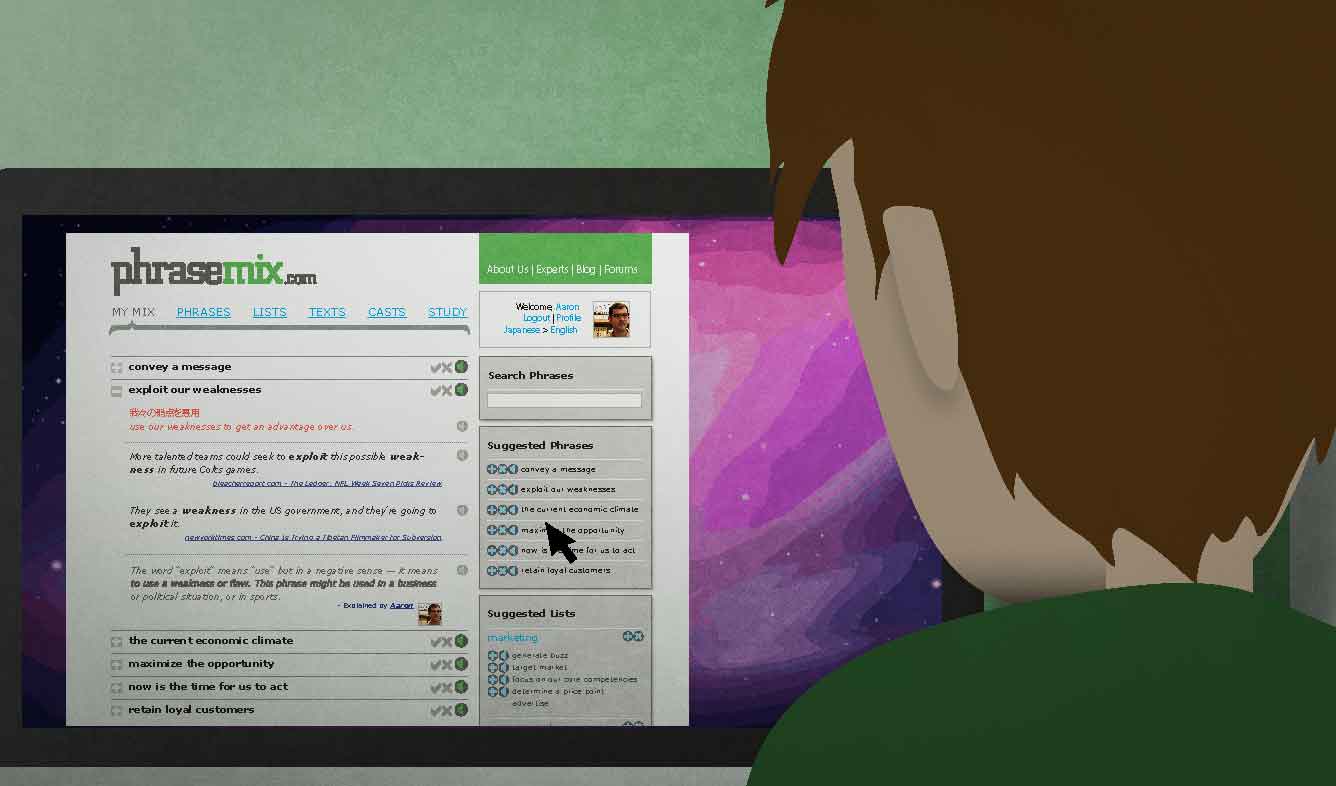“I've come a long way since then.”
You are a web designer. You are looking at a website that you designed 10 years ago. Now it looks really old and unattractive. You say this about your progress.
I've come a long way since then.
Want Video and Sound? Follow us on YouTube

(someone) has come a long way
To "come a long way" means to grow or show improvement:
You're still not quite ready to compete, but you've come a long way.
You can tell someone that they have "come a long way" if you're their teacher, mentor, coach, etc.
since (some event)
"Since" is used to talk about something that has happened after a certain time in the past.
You use "since" with "have":
I've loved him since I was 10 years old.
Haven't you eaten anything since lunch?
You don't use "since" with simple past tense verbs. Remember this! For example, "I loved him since I was 10" isn't correct.
If you were just talking about a point in the past, you can say "since then":
I moved out of my parents' place in 2003, and since then I've lived in 6 different apartments.
I've (done something)
When you're talking about an experience that started in the past and is still continuing now, you use "I've ___":
I've studied karate for over 12 years.
You can also use "I've ___" for something that just finished:
I've been driving for the last 8 hours. I can't drive any more.
